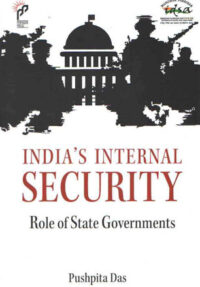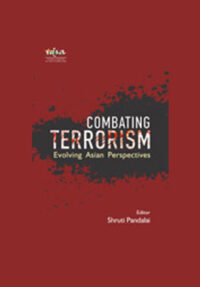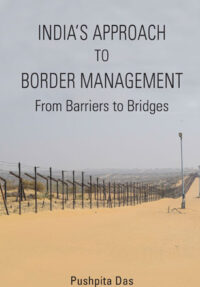Crackdown on Northeast Insurgents: Dhaka Prepares for Hasina’s India Visit
New Delhi and Dhaka may have reached a tacit understanding that Northeast rebels based in Bangladesh will be simply picked up and handed over to India.
- Anand Kumar
- November 18, 2009









